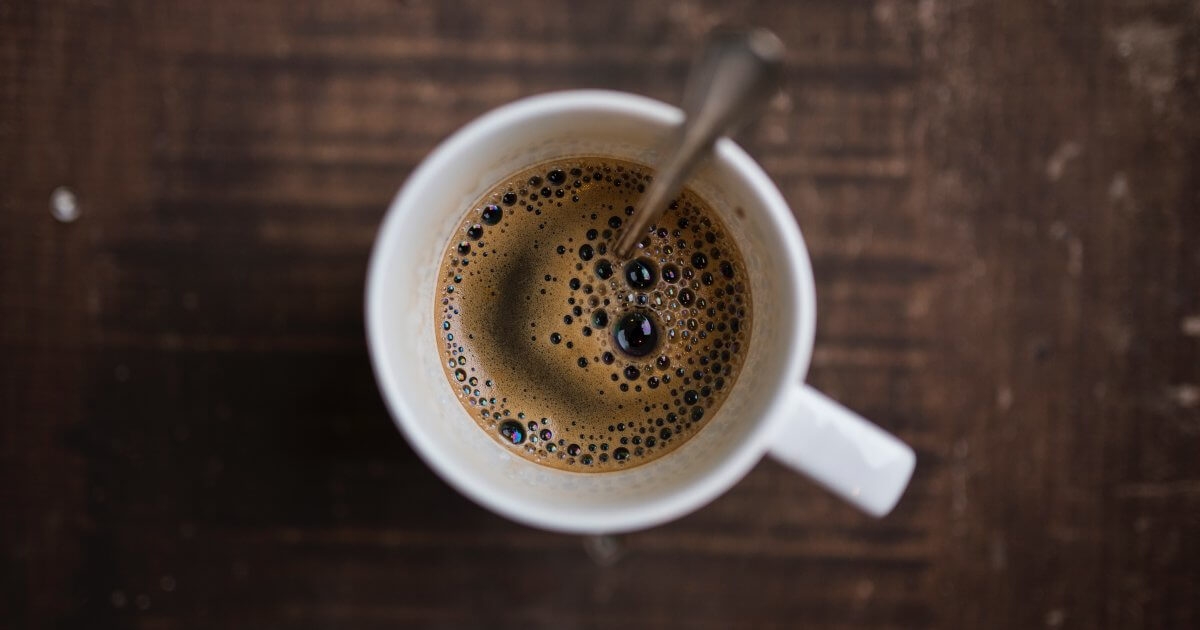If you've been passing up your morning cup of joe because you're fearful of the "coffee causes cancer" warnings, you can finally breathe a sigh of relief. The State of California has issued an official statement on the matter, based on more than 1,000 different published studies, all of which found that coffee does not, in fact, cause cancer.
So why was there a question about it in the first place?
Read MoreBut then came the backlash from legitimate health agencies and groups like the U.S. Food and Drug Administration (FDA) and the World Health Organization (WHO), along with doctors and scientists across the country that decried the unnecessary warning, arguing that the presence of acrylamide is not likely to cause cancer at all. Some pointed out that doctors and researchers should be the ones deciding this lawsuit, not the L.A. judge.
Shortly after the judge issued the ruling, then-FDA Commissioner Dr. Scott Gottlieb issued a statement saying that adding the Proposition 65 warning to coffee would mislead consumers more than it would benefit them. He explained his argument in a science-backed statement:
"Acrylamide can form in many foods during high-temperature cooking, such as frying, roasting and baking. Acrylamide in food forms from sugars and an amino acid that are naturally present in food. It doesn't come from food packaging or the environment. In coffee, acrylamide forms during the roasting of coffee beans. Although acrylamide at high doses has been linked to cancer in animals, and coffee contains acrylamide, current science indicates that consuming coffee poses no significant risk of cancer."
The current science Dr. Gottlieb referenced wasn't one study alone, but rather over 1,000 studies, which were included in a comprehensive report by the WHO's International Agency for Research on Cancer (IARC).
The overall consensus was that coffee does not cause cancer.
Not only is the acrylamide in coffee not scientifically known to be a carcinogen (the agency calls it a "probable" carcinogen, but has never proven it), but the cancer-preventing elements of coffee may actually outweigh any trace amounts of risk at all.
Following the WHO report and the FDA's involvement, California finally came around this week and exempted coffee from the warning label law.
"Coffee is a complex mixture of hundreds of chemicals that includes both carcinogens and anti-carcinogens," Sam Delson, a spokesman for California's Office of Environmental Health Hazard Assessment told the Associated Press, further confirming the consensus. "The overall effect of coffee consumption is not associated with any significant cancer risk."
Wait… Does this mean that all of the studies I read about coffee causing cancer were fake?
Not necessarily. Our SurvivorNet team of experts has taken a close look at these studies in the past, and what we found was that, while many of these studies were coming out of legitimate institutions with legitimate researchers, they were observational in nature, meaning they could only observe people's coffee-drinking habits and cancer incidence side-by-side, but could not prove any sort of causality between the two.
For example, a couple of months ago we looked at a study by researchers at Vanderbilt University that highlighted a link between coffee and lung cancer. Though the study found that people (non-smoking people, that is) who drank two or more cups of coffee per day had a higher risk of developing lung cancer than those who didn't, we noticed that the researchers could not say that this higher risk was because of the coffee. And they didn't take note of other known cancer-causing variables, either, like exposure to second-hand smoke.
Long story short, if you’re one of the 64 percent of U.S. adults that drinks at least one cup of coffee per day, you can go back to enjoying your beverage. Consider the California decision your official green light to drink your coffee worry-free.
Learn more about SurvivorNet's rigorous medical review process.


